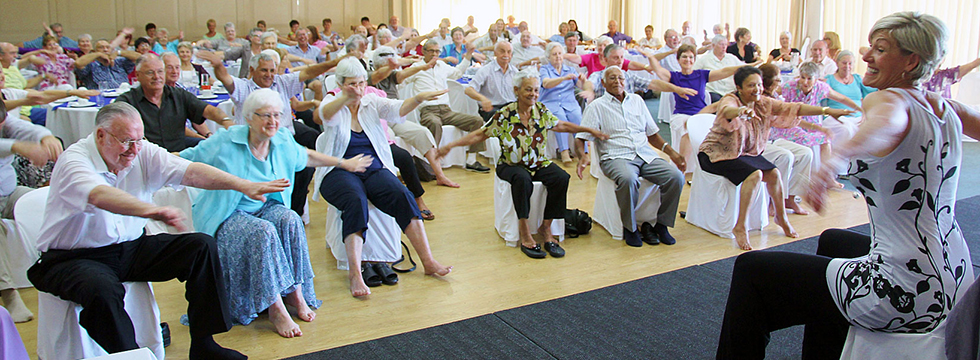Learn about brain health and nootropics to boost brain function
Boost Brain Health


Brain health is the ability to remember, learn, play and maintain an active mind. According to the American Heart Association, failing brain health is a public health epidemic that could be more serious than we think. Consider these statistics:
- The brain begins showing signs of cognitive decline as a person enters their 20s.
- 3 out of 5 Americans will develop a brain disease in their lifetime.
- By 2030, the total cost of Alzheimer’s, dementia, and stroke is expected to exceed $1 trillion.
The good news is, we can still develop and change our brains no matter how old we are!
Start now
It’s never too early to start doing what we can to boost brain health. Cognitive decline begins well before we ever see symptoms of it. Every 65 seconds, someone in the United States develops Alzheimer’s disease. The Alzheimer’s Association projects that by 2050 there will be 14 million Americans living with the disease.
So, the earlier we begin taking steps to boost our brain health, the better chance we have of preventing cognitive decline. It’s about taking advantage of the strengths of our brain and reducing some of the risks to our brain as we age.
Be a kid again … every day
When is the last time you put everything aside to just have fun? As adults, we tend to focus so much on work and other responsibilities that we don’t make a conscious effort to do something that gives us pure enjoyment.
Denise Medved, creator of Ageless Grace, a brain fitness program, says that physically “playing” for just 10 minutes a day can have a positive effect on long-term brain function. (Ageless Grace works by re-opening the neural pathways that were created from the time we were born until about the age of 21. The exercises not only help re-open those pathways, but they also help create new ones. The program’s tools stimulate and utilize the five functions of the brain – analytical, strategic, kinesthetic learning, memory/recall and creativity and imagination. The movements are fun and easy to do and include activities like pretending to swim, play baseball or play a musical instrument.)
As children, we developed functional and cognitive skills through childhood games, sports and other activities. These are skills that most no longer practice as adults.
Reorganize your brain
Activities that are new and complex are good brain exercises. So, do something every day that challenges your brain.
- Try something you’ve never done before that you also find challenging. Take up a new sport or hobby. Learn a new language. Learn to play a musical instrument. Try juggling.
- Do something you already know how to do but do it in a different way — like eating, combing your hair or brushing your teeth with your non-dominant hand. Or simply change up your daily routine occasionally.
- Try a daily memory activity. Test your recall by memorizing a grocery list. Draw a map from memory. Do math in your head.
When you attempt to do something you’re not used to doing, you create new neural pathways. The more neural pathways you have, the more resilient your brain is. You may have heard the term “neuroplasticity,” the brain’s ability to reorganize and rebuild itself by forming new neural connections. Studies have shown that learning to perform new and challenging activities can engage the brain’s natural plasticity to make positive changes. Even the adult brain can be reorganized depending on what new information it is learning.
Keep a gratitude journal
Practicing gratitude can reduce stress, improve mental well-being and help us feel happier and more appreciative. There is no scientific evidence that practicing gratitude improves your physical health. But taking just five minutes each day to write down what you are grateful for can go a long way to improving your emotional health. Set aside a few minutes every morning as soon as you wake up and a few minutes each night before you turn in to record your gratitude.
Reduce your risks to potential health issues
What’s good for the heart is good for the brain. Cardiovascular disease, Type 2 Diabetes, hypertension and high cholesterol, as well as smoking, poor eating and physical inactivity are all key risk factors for cognitive impairment and dementia. There are steps you can take to help control and reduce these risks. Be sure to get your annual check-ups, follow the recommendations and care plans of your health care professionals, and take your medications as prescribed.
Join the fight for Alzheimer’s Research! Learn more about the 2019 Walk to End Alzheimer’s; find out if there’s a walk near you and register, volunteer, donate and walk! Info is here.
Bio: Rebecca Rushing BSN, RN is Director of Client Care Services for FirstLight Home Care. Nurse Beckie is a Certified Dementia Practitioner, an Ageless Grace Brain Health Educator, and she has been trained in Teepa Snow’s Positive Approach to Care. Beckie has more than 30 years of nursing experience and a passion for the well-being of seniors. www.firstlighthomecare.com
Click here to view full article